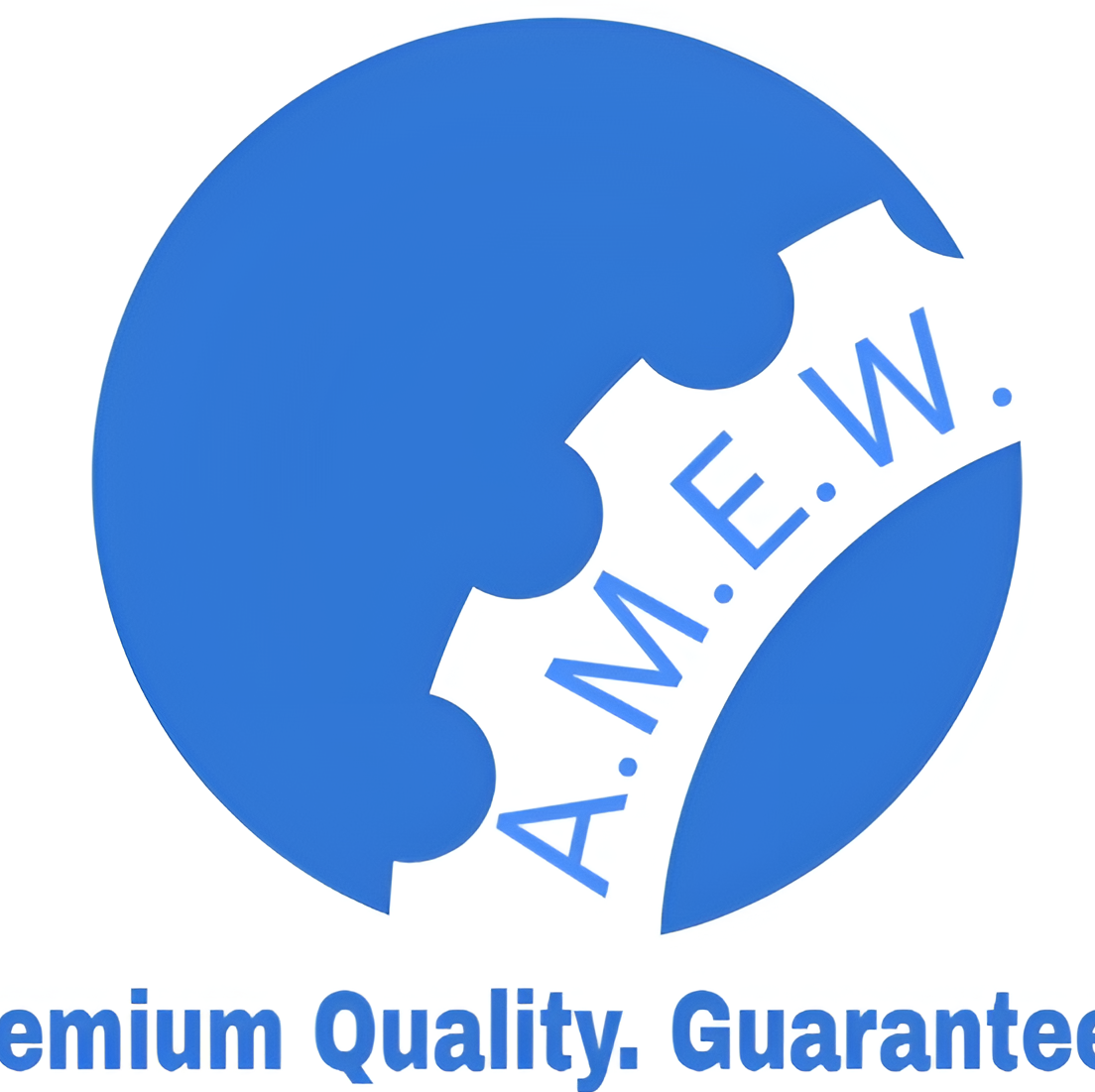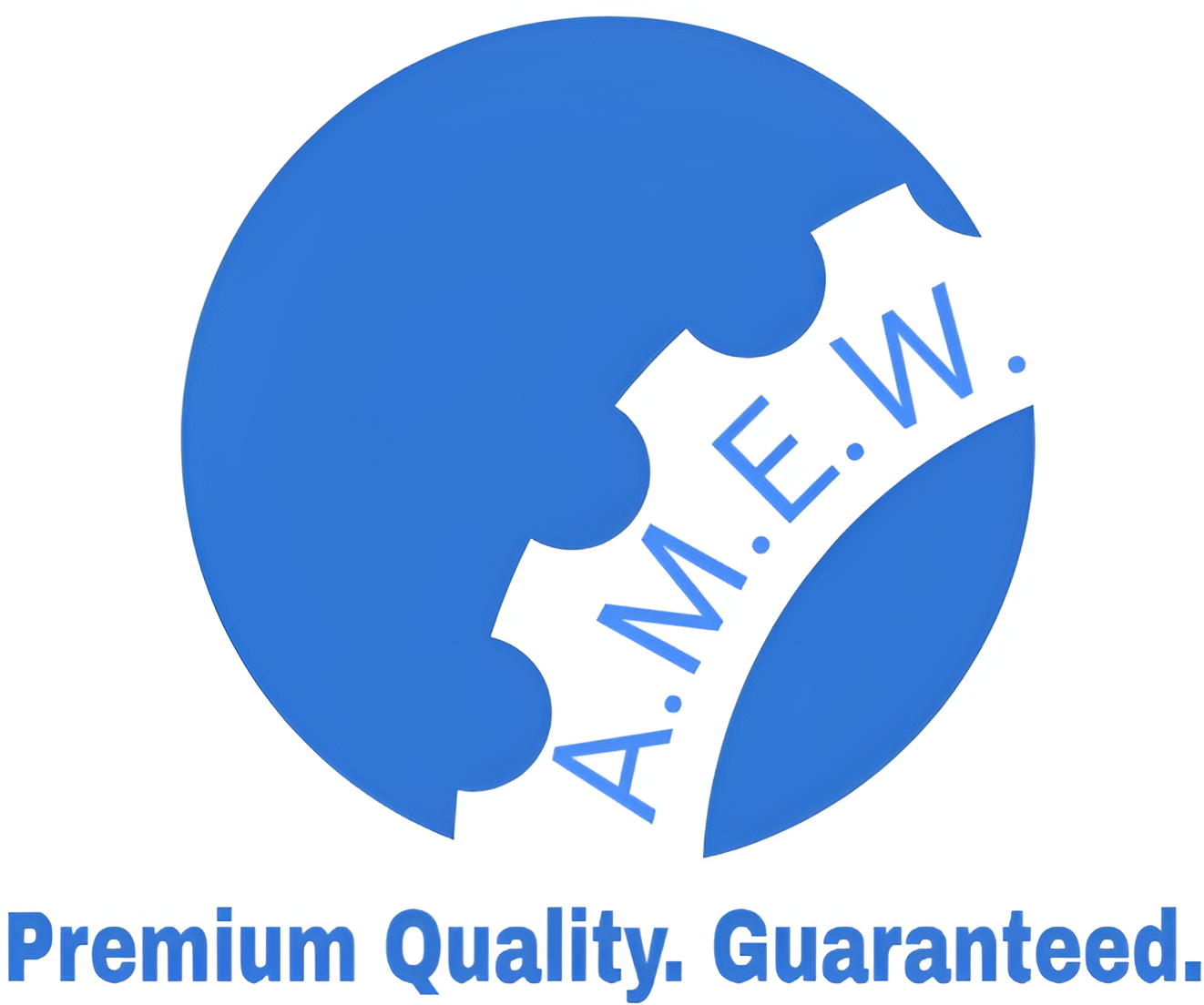Nuclear Forgings – Strength and Reliability for the Nuclear Industry
Introduction to Nuclear Forgings
Nuclear forgings are specialized forged components used in nuclear reactors, power plants, and associated infrastructure. These parts must withstand extreme conditions such as high temperatures, radiation, and intense pressure while maintaining structural integrity and performance over decades. Forged components are preferred in the nuclear industry due to their superior strength, reliability, and ability to handle demanding operational conditions without failure.
Critical components such as reactor pressure vessels, steam generator shells, flanges, and turbine shafts are often made from forged materials to ensure safety and long-term durability.
What Are Nuclear Forgings?
Nuclear forgings are high-integrity components manufactured through forging processes like open-die forging, closed-die forging, or ring rolling using materials specifically designed for the nuclear sector. The forging process refines the internal grain structure of metals, removing voids and enhancing mechanical properties, which is essential for critical nuclear applications.
These forgings must meet stringent quality standards and certifications, such as ASME Section III and NCA-3800, to ensure they can operate safely within nuclear reactors.
The Forging Process for Nuclear Components
1. Material Selection
Specialized alloys like low-alloy steels, stainless steels, and nickel-based alloys are chosen for their strength, heat resistance, and corrosion resistance.
2. Heating
The selected metal billet is heated to a controlled temperature, ensuring it becomes malleable without compromising its internal integrity.
3. Forging Operations
The heated billet undergoes forging through presses, hammers, or ring-rolling machines to achieve the required shape, such as thick-walled rings or discs for pressure vessels.
4. Heat Treatment
Forged components are subjected to heat treatment processes like quenching, annealing, and tempering to enhance hardness, ductility, and toughness.
5. Precision Machining
CNC machining is applied to achieve the tight tolerances required for nuclear equipment.
6. Testing and Certification
Each forged component undergoes rigorous testing, including ultrasonic testing (UT), radiography, and mechanical testing, to ensure it meets nuclear standards.
Types of Nuclear Forgings
1. Open-Die Forgings
Used for large components like reactor pressure vessel heads, turbine shafts, and flanges.
2. Seamless Rolled Rings
Ideal for producing high-strength rings used in steam generators, pumps, and bearings.
3. Closed-Die Forgings
Used for smaller precision parts like valve bodies and fittings.
4. Custom Forgings
Manufactured as per specific designs for unique nuclear reactor requirements.
Materials Used in Nuclear Forgings
-
SA 508 Steel: Commonly used for pressure vessels due to its high toughness.
-
Stainless Steels (SS 304, SS 316): Known for corrosion resistance in reactor components.
-
Nickel Alloys (Inconel, Monel): High-temperature and radiation-resistant.
-
Low-Alloy Steels: Used in turbine rotors and large flanges.
-
Duplex Stainless Steel: Provides excellent pitting and crevice corrosion resistance.
Advantages of Nuclear Forgings
-
Superior Mechanical Strength: Forged components can withstand high pressures and loads.
-
Enhanced Durability: Grain refinement during forging improves fatigue resistance.
-
Corrosion Resistance: Materials like stainless steel and nickel alloys protect against chemical and radiation damage.
-
Safety and Reliability: Forgings are free from internal voids and cracks, making them safer for critical operations.
-
Customization: Components can be forged to meet precise nuclear engineering requirements.
Applications of Nuclear Forgings
Nuclear forgings are used in:
-
Reactor Pressure Vessels (RPVs): Thick-walled forgings for the main reactor containment.
-
Steam Generators and Heat Exchangers: Rings and shells for heat transfer systems.
-
Turbine Shafts and Rotors: High-strength shafts for power generation turbines.
-
Flanges and Fittings: Connecting components in nuclear pipelines.
-
Pumps and Valves: Critical for coolant circulation and reactor safety systems.
-
Control Rod Mechanisms: Forged components ensure smooth and reliable operations.
Quality Standards for Nuclear Forgings
Nuclear forgings must meet strict international standards, including:
-
ASME Boiler & Pressure Vessel Code (BPVC) – Section III.
-
NCA-3800 Requirements.
-
Nuclear Quality Assurance (NQA-1) Standards.
-
ISO 9001 and 14001 Certifications.
-
Non-Destructive Testing (NDT): Ultrasonic, radiographic, and magnetic particle testing.
These standards ensure that nuclear forgings are safe for long-term use in high-risk environments.
Nuclear Forgings vs. Conventional Forgings
| Feature | Nuclear Forgings | Conventional Forgings |
|---|---|---|
| Material Quality | Specialized high-grade alloys | General-grade steels |
| Testing Standards | ASME and NQA certifications | Standard industrial testing |
| Applications | Nuclear reactors, power plants | General industrial use |
| Reliability | Extremely high safety requirements | Moderate safety requirements |
Why Choose Titan Steel for Nuclear Forgings?
At Titan Steel, we manufacture premium nuclear forgings that meet the most stringent quality and safety standards.
Our Key Advantages:
-
Expertise in open-die and ring-rolling forgings for nuclear applications.
-
Use of certified materials like SA 508 and nickel alloys.
-
Advanced heat treatment and CNC machining facilities.
-
Compliance with ASME, NQA-1, and other nuclear quality codes.
-
Custom solutions with on-time delivery.
Contact Us
Looking for high-quality nuclear forgings?
👉 Get a Quote or call +91 7385863226.
Email us at sales@titansteel.in or visit:
Plot No. 15, Khan Compound, Taloja M.I.D.C., Navi-Mumbai 410208, Maharashtra, INDIA.
Final Thoughts
Nuclear forgings are essential for the safe and reliable operation of nuclear power plants. Their unmatched strength, corrosion resistance, and ability to withstand extreme conditions make them the preferred choice for critical components like reactor vessels, turbine shafts, and steam generators. Partnering with an experienced manufacturer like Titan Steel ensures that you get high-integrity forgings tailored for nuclear applications.

